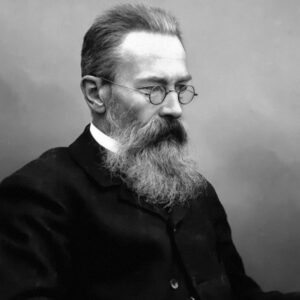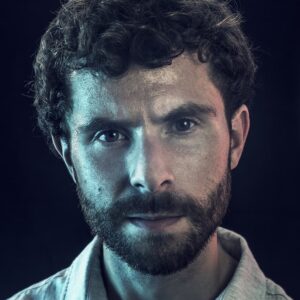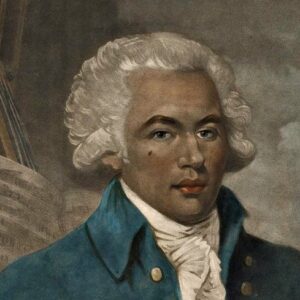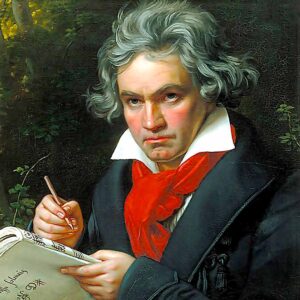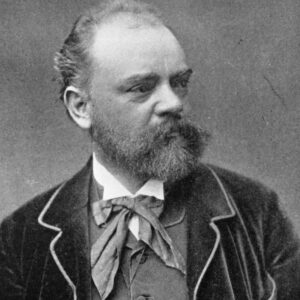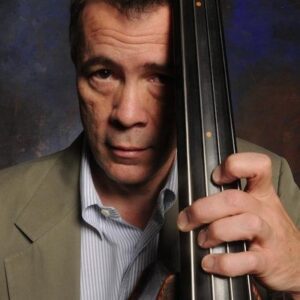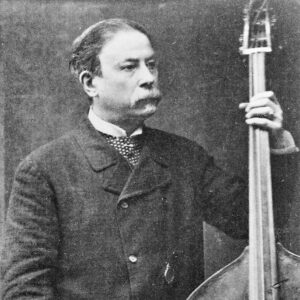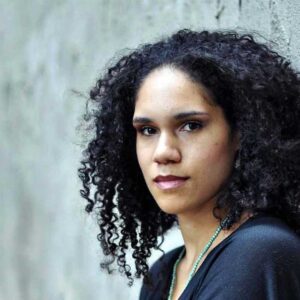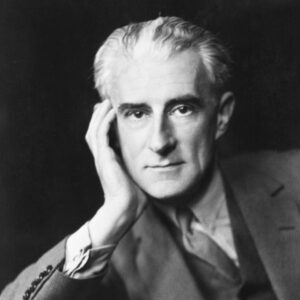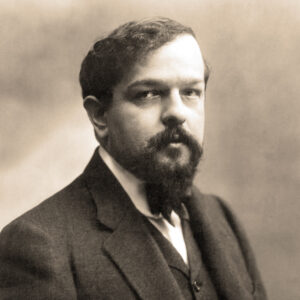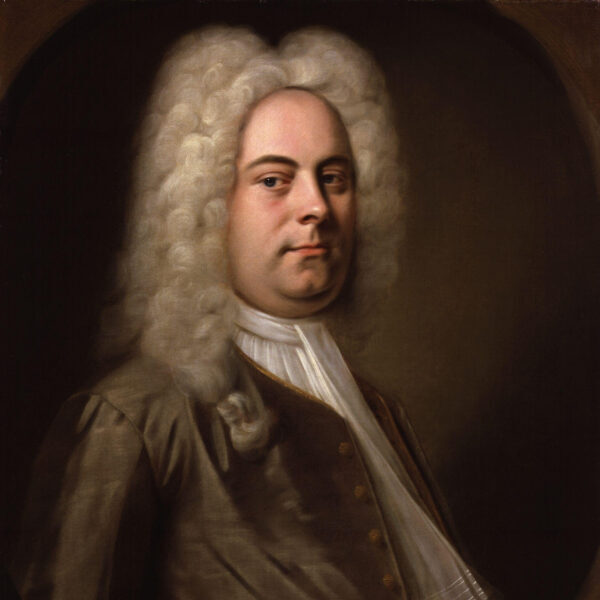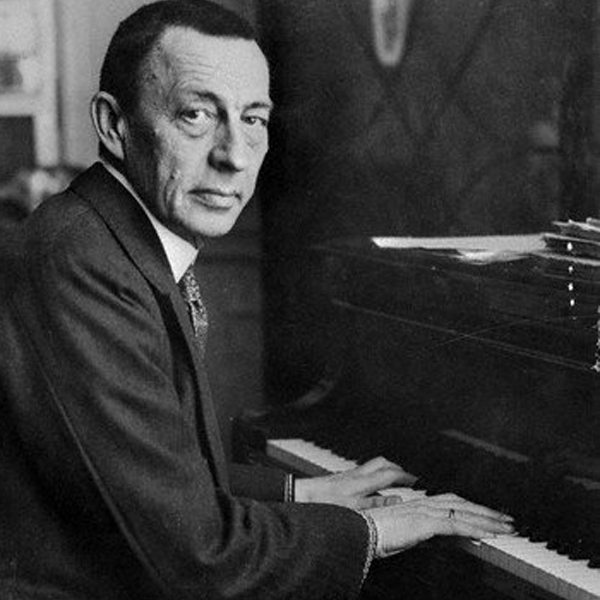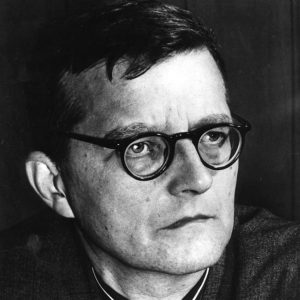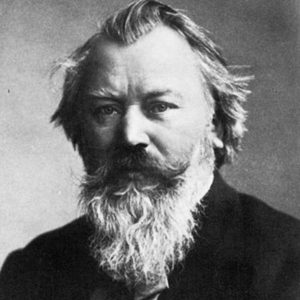American mezzo soprano Elizabeth Bishop, founder and head of the Potomac Vocal Institute, is acclaimed for her powerful, nuanced portrayals and “lustrous” voice. A frequent guest of major opera companies and orchestras throughout the United States and overseas, she is also a widely respected teacher and passionate advocate for music education.
Having won the Metropolitan Opera National Council Auditions in 1993, Elizabeth made her MET début the following year and has since become a company regular, singing such roles as Mère Marie (Les dialogues des Carmelites), Didon (Les Troyens), Fenena (Nabucco), Second Norn (Götterdämmerung), Venus (Tannhäuser), the title role of Iphigénie en Tauride and, most recently, Enrichetta (I Puritani) and Teresa (La Sonnambula). In 2013, she made MET history when she sang both Mère Marie and Fricka in Das Rheingold in a single day – one of only a few MET artists ever to perform two major roles within 24 hours. Continued…

Elizabeth also enjoys an especially close association with her home company, Washington National Opera. Her roles for the company reflect her exceptional versatility, ranging from Meg Page (Falstaff), Suzuki (Madama Butterfly) and Emilia (Otello) to Eboli (Don Carlo), La Marquise de Merteuil (Susa’s The Dangerous Liaisons) and her signature role of Mère Marie. WNO has also been a showcase for Elizabeth’s much lauded assumptions of Wagnerian heroine, including Fricka, Waltraute, and Second Norn (Der Ring des Nibelungen) and Brangäne (Tristan und Isolde).
A member of San Francisco’s Merola program and subsequently an Adler Fellow, Elizabeth has sung a variety of roles for San Francisco Opera, including Tisbe (La cenerentola), The Mother (Harvey Milk, recorded for Teldec) and Antonia’s Mother (Les contes d’Hoffmann). She also took leading roles in two San Francisco Opera Ring Festivals, appearing as Fricka, Siegrune, Wellgunde and Waltraute in Nikolaus Lehnhoff’s 1999 Ring and again as Fricka in the 2011 “American” Ring directed by Francesca Zambello.
On the concert platform, Elizabeth is particularly well regarded as an interpreter of Mahler, with the composer’s Second, Third and Eighth Symphonies, Das Lied von der Erde and Lieder eines fahrenden Gesellen all featuring prominently in her repertoire. Concert opera engagements have included Principessa (Adriana Lecouvreur), Santuzza (Cavalleria Rusticana) and Sara (Roberto Devereux) for Washington Concert Opera, Amneris (Aida) for the Boston Symphony Orchestra, Brangäne (Tristan und Isolde) for North Carolina Opera, and Octavian (Der Rosenkavalier) with Donald Runnicles at his Grand Teton Music Festival, where she is a regular guest.
A firm believer in demystifying the art of classical singing, Elizabeth is increasingly in demand as a vocal educator, both for individual tuition and in a masterclass setting. “My basic philosophy,” she says, “is that singing is simple. Discipline is hard. The best technique is a simple technique followed consistently.”
Elizabeth works on a one-to-one basis with a wide variety of individual students, from teenagers and enthusiasts to budding professionals and established artists. She has given masterclasses at institutions including Virginia Opera, the Washington National Opera Institute, Duke University, Vann Vocal Institute, University of North Carolina, Furman University, Baldwin Wallace University, American University and the Fine Arts Centre in Greenville, SC.
In founding the Potomac Vocal Institute, Elizabeth aims to help singers at every level of the profession realize their own full potential. “My biggest passion in teaching,” says Elizabeth, “is to help each singer be the best they can be. Whether that is big stage singing or community choir or high school musical, I want to help people find their best voice.”



